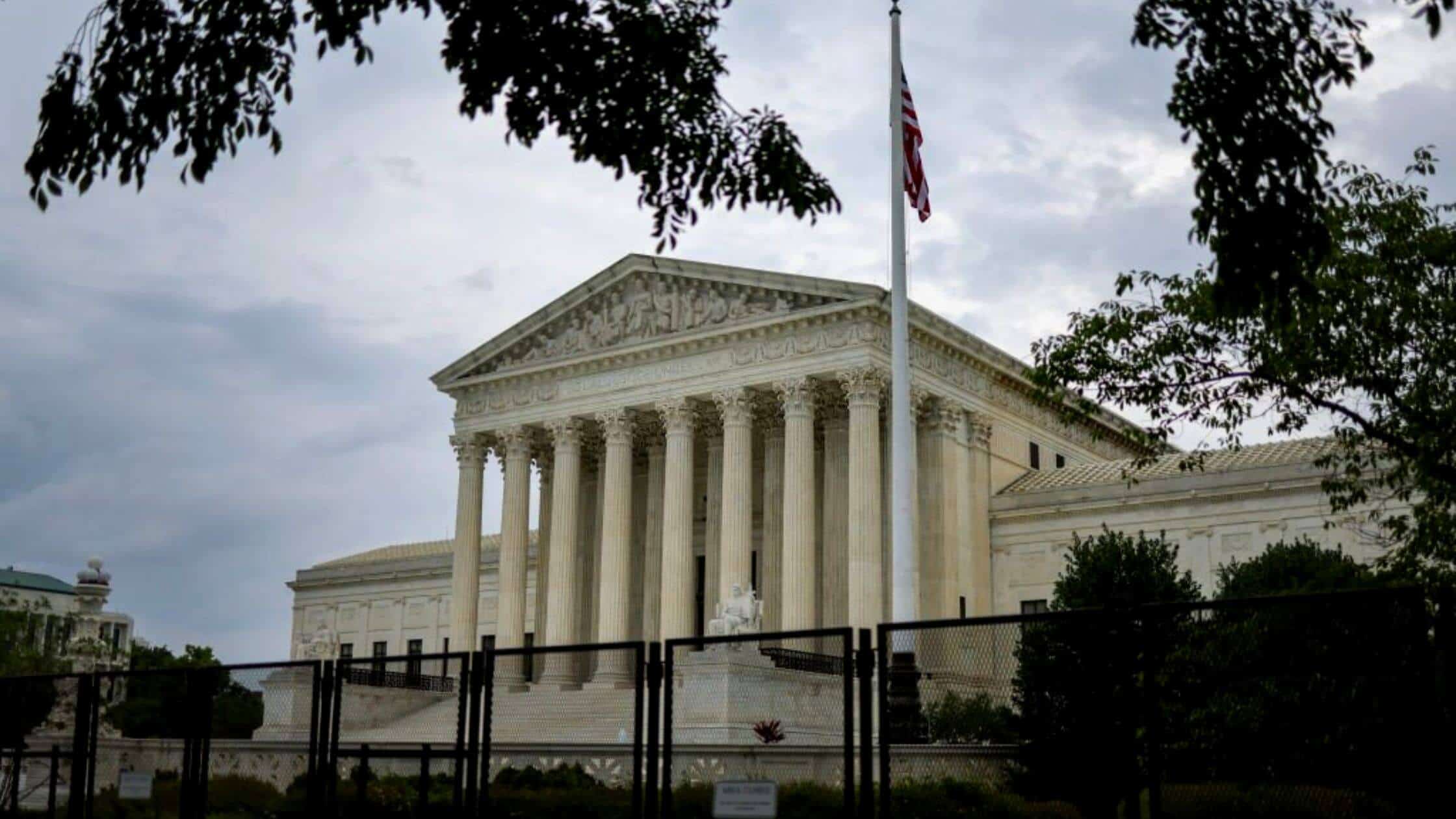News
Supreme Court Declines To Overturn California’s Flavored Tobacco Ban

There has been a significant increase in the sales and consumption of flavored cigarettes and other vaping products. Therefore, R.J. Reynolds Tobacco Corporation, a well-known tobacco company, was subject to a ban under the Tobacco Control Act. The US Supreme Court has turned down a demand for an emergency ruling.
This was done to prevent the state of California from enforcing its impending ban on the majority of flavored tobacco and e-cigarette products. To everyone’s amazement, there were no vocal dissenters. California’s prohibition will likely take effect in less than two weeks due to the Supreme Court’s decision to reject the emergency petition.
The Supreme Court Will Not Hear A Case To Overturn California’s Ban On Flavored Tobacco
The business manufactures menthol cigarettes and has a dispersed customer base nationwide. Despite the prohibition, it has been claimed that a federal statute and a state law conflict. The provisions state that the federal Drug Enforcement Agency has the power to control the distribution of cigarettes under the terms of the Tobacco Control Act.

The plaintiffs contended that the new statute in California is unconstitutional in a more illuminating vein. The Tobacco Control Act of the federal government prohibits states and local governments from adopting regulations for tobacco products, which explains why.
Furthermore, these requirements differ from those outlined in the Tobacco Control Act. This contention is unaddressed in Kagan’s brief order. The following sources indicate that Kagan did not think the plaintiffs satisfied the three-factor test.
These three criteria must be considered to determine whether to approve an emergency application. It is planned on December 21 for the ban to take effect now that the procedure has been established. As a result, the tobacco industry would be unable to market its menthol cigarettes.
According to government statistics, this corporation produces almost one-third of the total number of cigarettes sold worldwide. In one of the biggest marketplaces in the country, it will suffer a considerable loss as a result.
Checkout More: Teenagers’ Brains Look Uncomfortably Different After Covid-19
Poll Suggests The Ban
By a 63.5% to 36.5% margin, Californians who participated in the November election passed the initiative. Insights gained from this survey also helped determine whether to implement the bans.
The poll results show that people today are becoming more responsible for dealing with the burden of poor health caused by smoking or other tobacco use. To prevent the mass distribution of flavored tobacco products across the nation, a specific law, SB 793, makes it unlawful to sell or offer flavored tobacco products or flavor enhancers.
Plaintiff contends that the lower court erred when it allowed states to “totally prohibit” the sale of flavored tobacco products and “ignored” federal law.
As previously indicated, California voters had a chance to make a decision. The response to the question of whether or not they wanted SB 793 to become law was almost unanimous. They have supported the prohibition of most flavored tobacco and e-cigarette products.
The majority of flavored tobacco products and flavored vaping items will no longer be sold under SB 793. There are certain exceptions, despite what would be believed. Some flavored cigars are exempt from the requirements, according to them.
According to the law, a flavored cigar must be handcrafted and wrapped in whole-leaf tobacco to be sold lawfully. It must have a wholesale cost of at least $12 to be sold.
Under the new law, it can be marketed legally if all of these conditions are taken into account. The corporation, however, claims that there are numerous ambiguities in the terms. What is the wholesale price, according to the legislation, exactly?
On the other hand, other tobacco tax legislation in California utilizes the word “wholesale cost.” Tobacco industry representatives have looked closely at this provision for other reasons.
